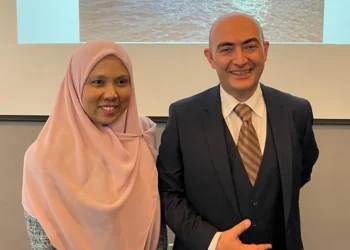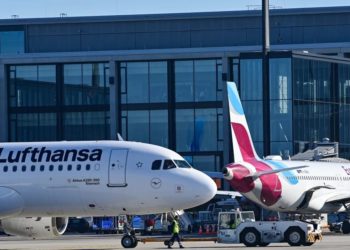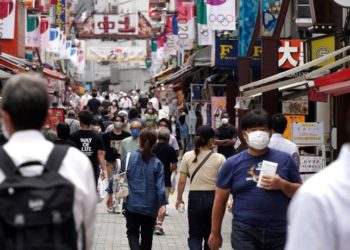With its 28 translators operating in six different languages, the International Patient Assistance Unit (IPAU) of Turkey’s Health Ministry looks forward to helping foreign patients.
The unit provides oral translation in English, German, French, Russian, Farsi, and Arabic for 24 hours a day, 7 days a week, and aims to extend a helping hand to foreign tourists or people who seek medical treatment at Turkish health institutions.
“We provide foreign patients with service in line with medical tourism or tourist health. To ensure healthy communication between doctors, health authorities and patients, we provide interpretation services,” Vicdan Akinci, the manager of the unit, told Anadolu Agency.
Akinci said the translation services are also provided for the Turkish emergency medical services hotline, as well as at university hospitals, private hospitals, private health centers, pharmacies, and at the Health Ministry’s complaint line 24/7.
She added the majority of the calls would come from Turkey’s popular tourist destinations, particularly the southeastern Antalya province, which has already drawn more than half a million tourists in the first quarter for 2019.
Emphasizing that translation services were only provided to those suffering health-related issues, she went on to note that the patients could dial “0850 288 38 38” free of charge and choose a language, then start speaking with interpreters.
According to official figures of the Health Ministry, IPAU has already received 31,337 calls in 2019. Akinci said most of the calls would be related to tick bites, dog bites, heatstroke and fever, however, the unit sometimes faced extraordinary medical situations too.
While Turkey expects millions of tourists to flock to Turkey for their annual vacations, the workload of IPAU is expected to increase significantly, however, Akinci said it was a privilege to help foreigners with health needs as she viewed the unit not as part of her job but “an opportunity to help people”.
Fatih Gencalp, 38, an operator in the unit’s English desk, said some of the calls were “ultra-challenging” as even seconds could mean a matter of life and death during a phone call.
“A tourist who went through a traffic accident called us right after the incident, he told us his location while bleeding and we were able to dispatch an ambulance and saved his life before it was too late,” he said.
Alparslan Demir, 44, a French interpreter, recalls an incident in which a French photographer and traveler was injured after falling off a cliff in the woods. “We were able to successfully locate him and dispatch health units following intense coordination with the gendarmerie and emergency services, he fortunately survived,” he said.
Fatih Ersin, 54, a German interpreter, said he once received an upsetting call from a senior German citizen residing in Fethiye district of the southwestern Mugla province: “He said his wife remained still on the floor for ten minutes and he did not know what to do. We transferred an emergency unit to his place and then I had to tell him that his beloved one had passed away.”
The International Patient Assistance Unit has been operational since February 2012, and have helped hundreds of thousands of foreigners who faced a language barrier getting medical assistance in the country, according to manager Akinci.
Health tourism in Turkey
Turkey’s medical tourism has become a booming sector, with hundreds of thousands of foreigners visiting Turkey annually for health activities such as surgeries, natural spring waters, and hair transplantation.
In a statement early January, Yavuz Yilik, head of the Thermal Health and Tourism Association (TESTUD), told Anadolu Agency that the country attracted nearly a million medical tourists in 2018.
Turkey presents foreign patients with high-quality treatment at lower costs in comparison with Europe, the U.S., and other western countries, drawing patients from all corners of the globe, especially Europe, Turkic states, and Gulf countries.
















